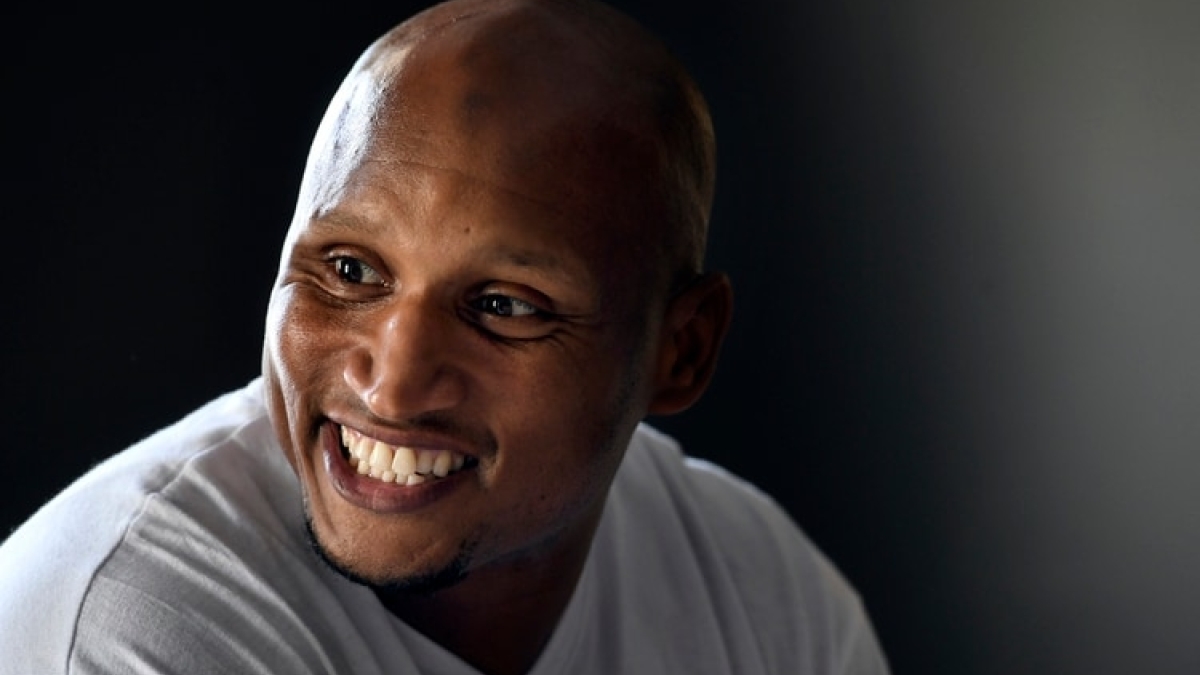After prison, more punishment

Meko Lincoln, 46, wants to be a licensed chemical dependency clinician, but his years in prison could work against him.
Across the country, more than 10,000 regulations restrict people with criminal records from obtaining occupational licenses, according to a database developed by the American Bar Association. The restrictions are defended as a way to protect the public. But Meko Lincoln and others point out that the rules are often arbitrary and ambiguous.
Licensing restrictions are among the many obstacles to establishing a stable economic footing after prison. Incarceration carries a stigma, and many employers are leery of hiring people who have spent time in prison.
But states with the strictest licensing barriers tend to have higher rates of recidivism, according to research by Stephen Slivinski, an economist at the Center for the Study of Economic Liberty at Arizona State University.
“In many states, a criminal record is a stain that you can’t wash off,” Slivinski said. “There is no amount of studying that can take away this mark in your past if a licensing board wants to use it against you.”
Article source: The Washington PostMore ASU in the news

ASU celebrates new Tempe campus space for the Labriola National Data Center

Was Lucy the mother of us all? Fifty years after her discovery, the 3.2-million-year-old skeleton has rivals
